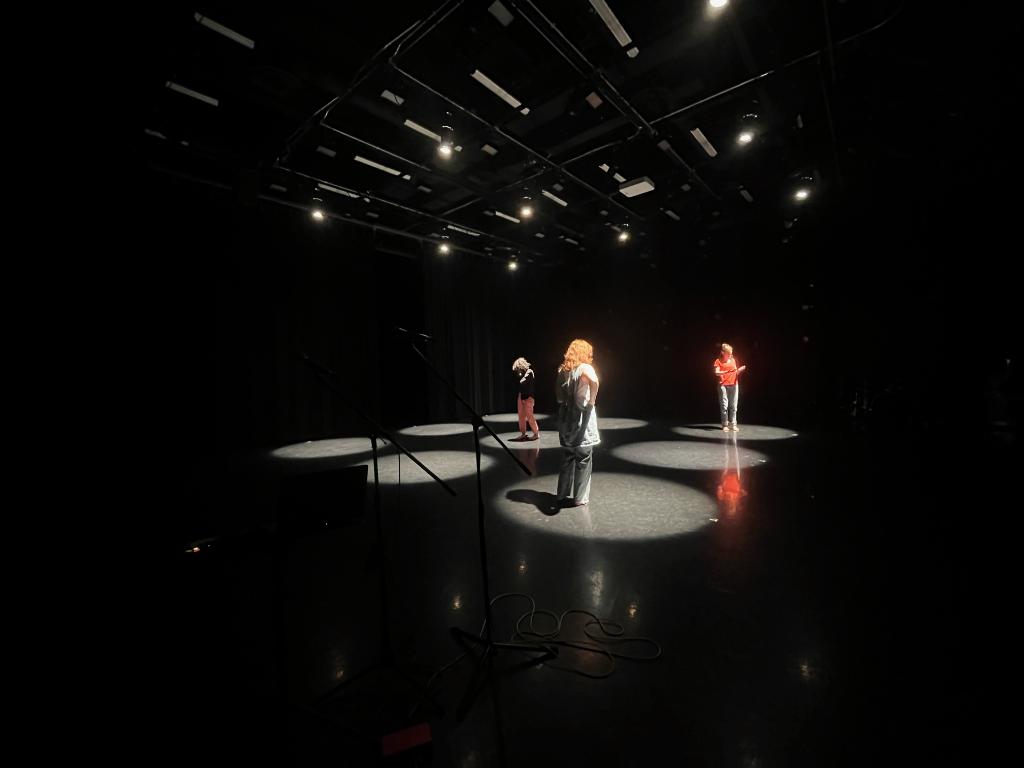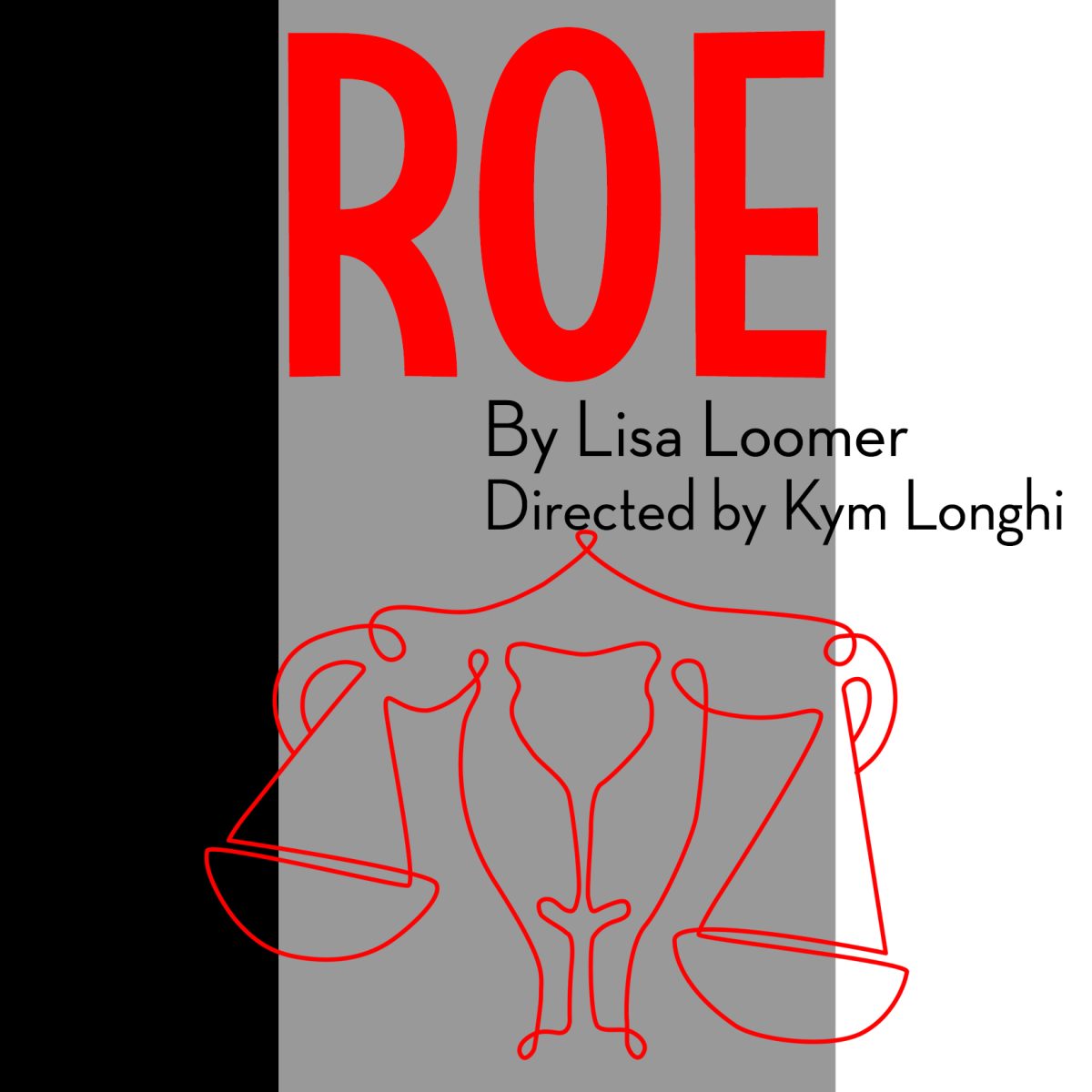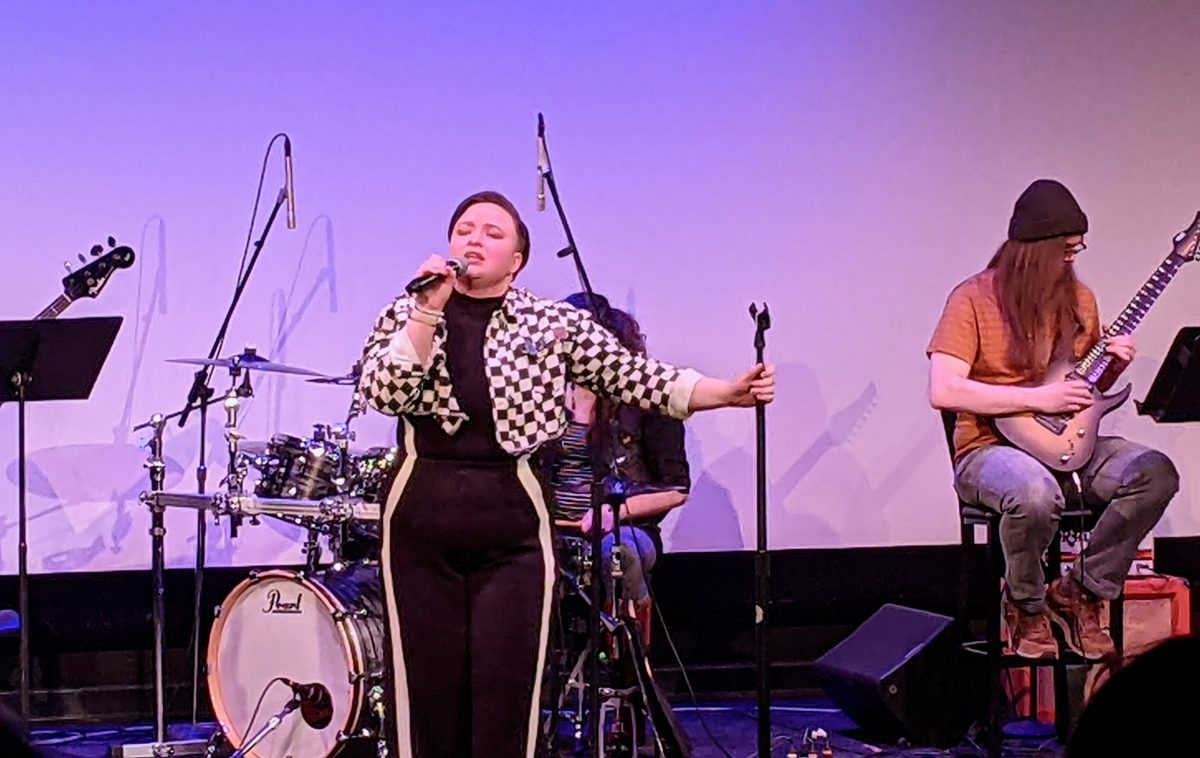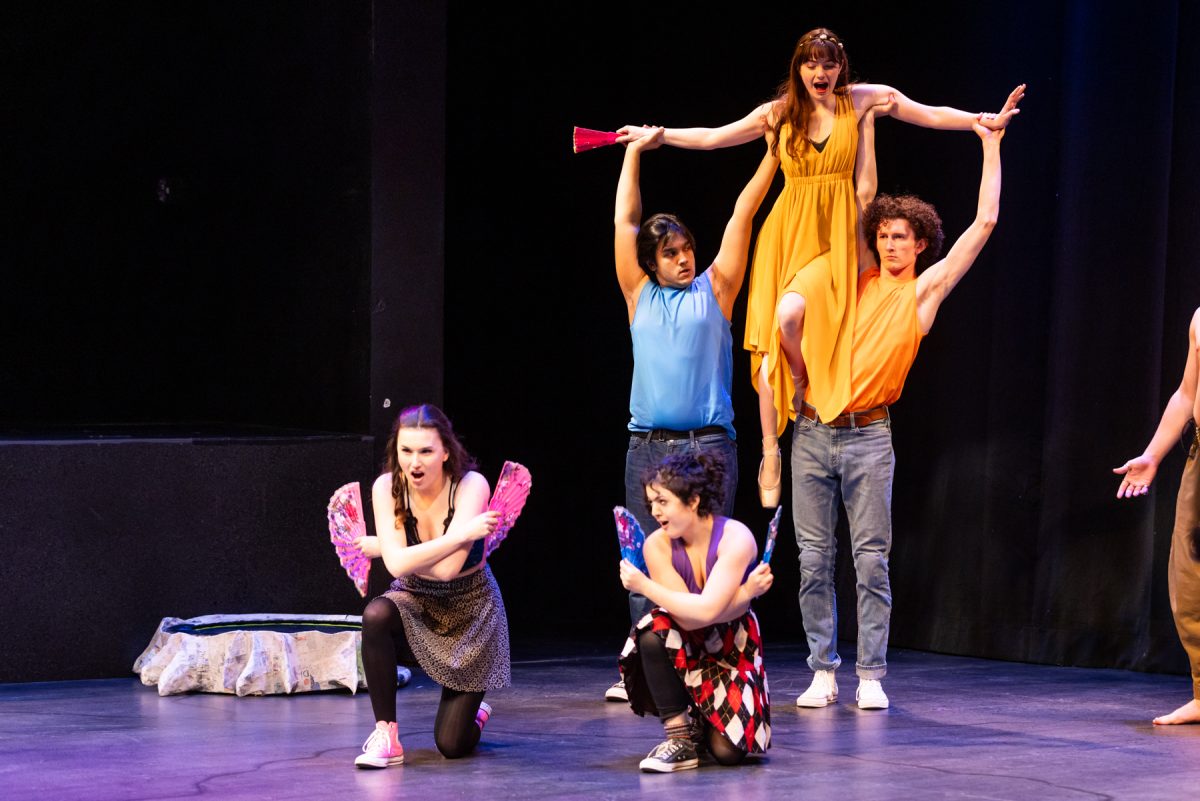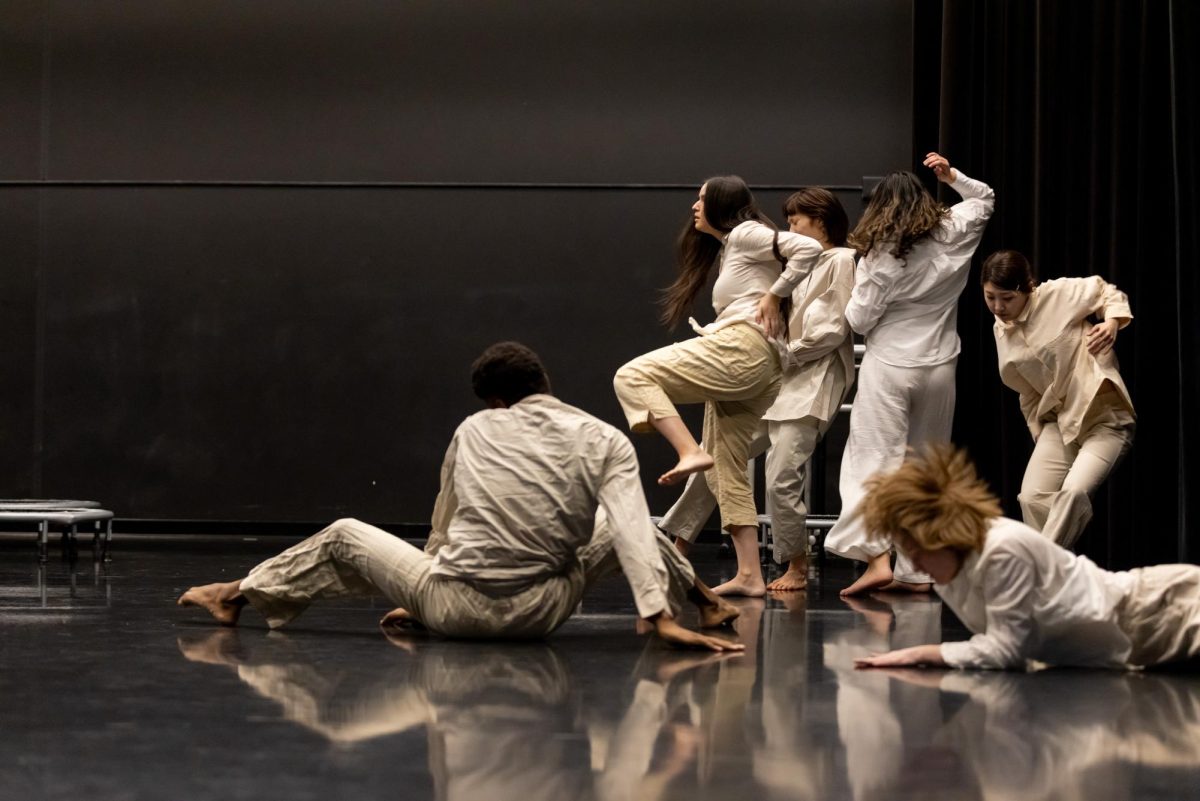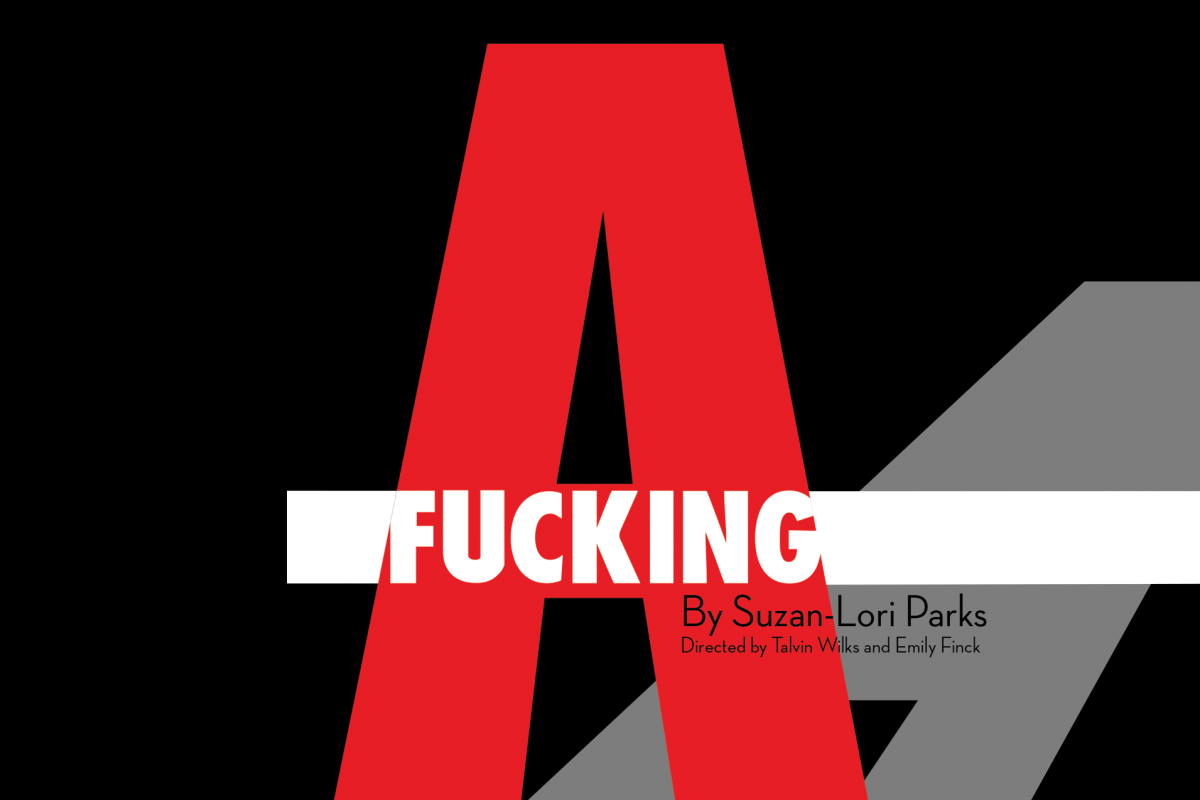On a bad day it’s not uncommon, nor entirely disagreeable to wish you were a big bug.
Franz Kafka, at the height of his literary career, was virtually unknown as an author among his people. His choice to write in German during a time of nationalism for a more commonly spoken Czech language isolated his prose. Tuberculosis, a law degree and an unwavering commitment to understand mankind in the shadow of religion led to the dissection of life beneath his pen point.
The Red Eye Theater celebrates its 20th year by opening its season with Kafka’s famous piece “The Trial,” adapted by Steven Berkoff.
Joseph K. (Alexander Julian Gulck) wakes up hungry one morning and finds himself detained by two wardens with a talent for filching undergarments.
The absurdity of K’s situation is its essential mystery. His arrest, without pretext, begs some questions. Who arrested him and why? K’s efforts to attain answers and truth to these questions lure him further into an unexplainable labyrinth. Lawyers, affidavits and even the aid of morally relaxed women in the confidence, and the pants, of the court cannot illuminate the bureaucratic enigma K confronts. K, in search of an acquittal from the court painter Titorelli, comes across one of the many unsound provisions of “Law.”
“There are many (acquittals). But I tell you the first three,” Titorelli says. “Acquittal definite, acquittal provisional, indefinite postponement and a conviction which is not an acquittal except from life, and that’s what we all want, but not just now. Unfortunately, as far as I know, no one has ever achieved acquittal definite.”
The Red Eye Theatre was founded in 1983 by Steve Busa, Miriam Must and Barbara Abramson. It acts as a “creative laboratory” in developing modern work by lesser known companies, artists and titles.
“Our passion is new work,” said Busa, artistic director of the Red Eye. “It’s a very difficult sell. Once something is approved, then you start to get some kind of voice. But (Red Eye) thought in order to really have a vital scene that could impact the future of the art form, we needed to deal with new work. The life-blood of new theater has to be new work.”
In “The Trial,” Busa employs multimedia techniques in a departure from Berkoff’s stage directions. Film, slides and overhead projections color the psychological landscapes of K’s journey and lend the story a contemporary slant. A number of moveable frames used in scene constructions act as doorways, rooms and portraits to guide the audience’s imagination from place to place.
K, in a memorable scene, badgered by a chorus of defendants, becomes lost in the corridors of the Offices of the Court. Busa handles this scene well, using a series of visual projections upon constantly moving frames to represent K’s unsteady mental terrain.
“We did our own thing,” Busa said. “It’s spare in a 21st century kind of way as opposed to the physical theater in the 1960s when (Berkoff) wrote it. Although, we didn’t muck with the script.”
Computers, film and advancements in digital media are sure to affect the theater medium. The Red Eye’s commitment to understanding these altered voices is crucial.
“You need to get people’s takes on how you do theater these days. We are very interested in the contemporary, and sometimes that irritates people, because it doesn’t reassure them. There’s a reassurance in (the classics) that you don’t have when you’re looking at new work. No one is telling you how to think or that it’s good. You have to push for your own interpretation. Which for some people is an outright bitch.”
Although the imagery and acting in Busa’s production is fetching, Berkoff’s script can be bone dry at times. Berkoff’s attempts to alchemize the dramatic tension between K’s tragic hope and the impossible understanding of the “Law” are often lost in the text. When they do occur, late in the play, both the reader’s sympathy and all the anxious groundwork for a tragic ending are lost.










